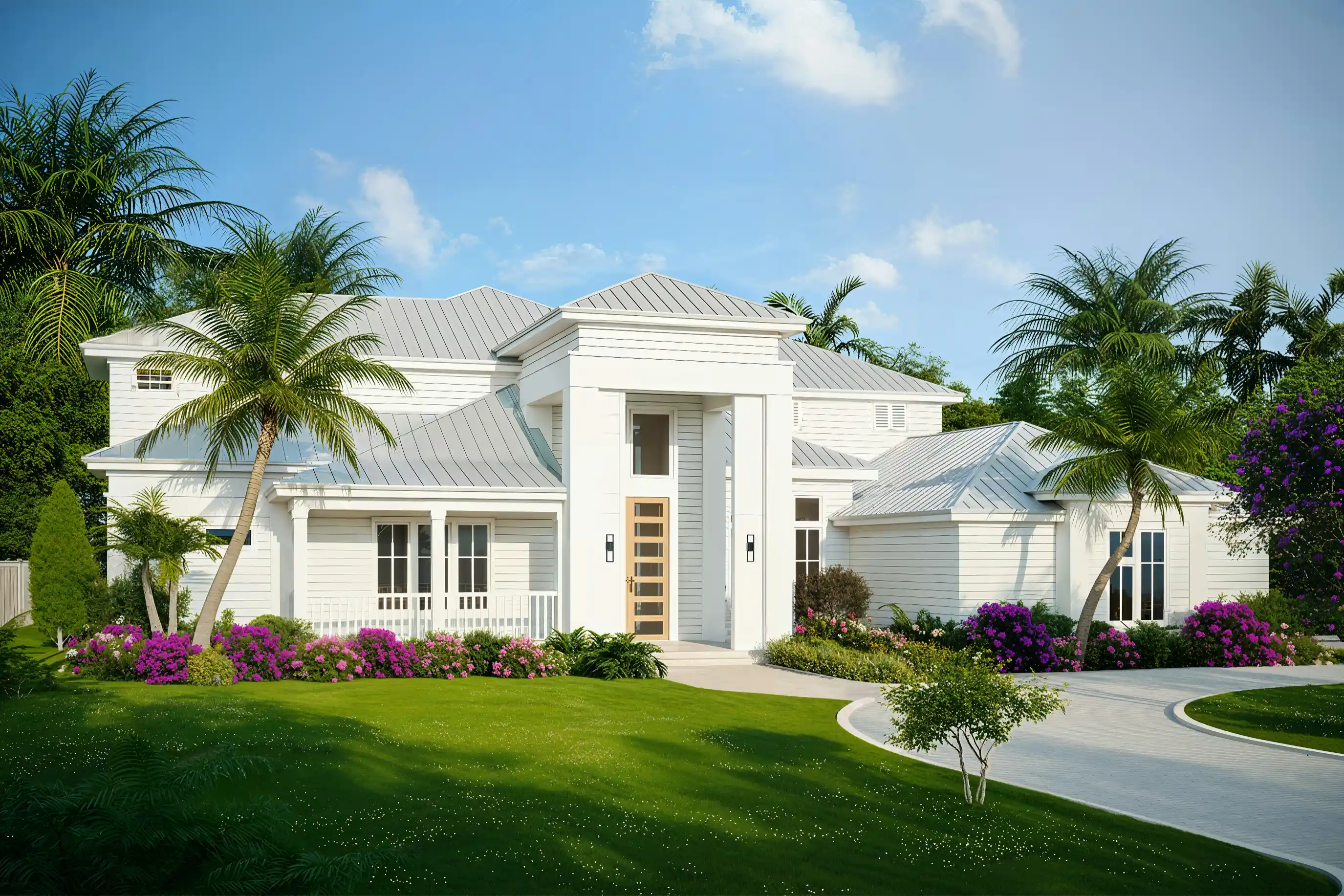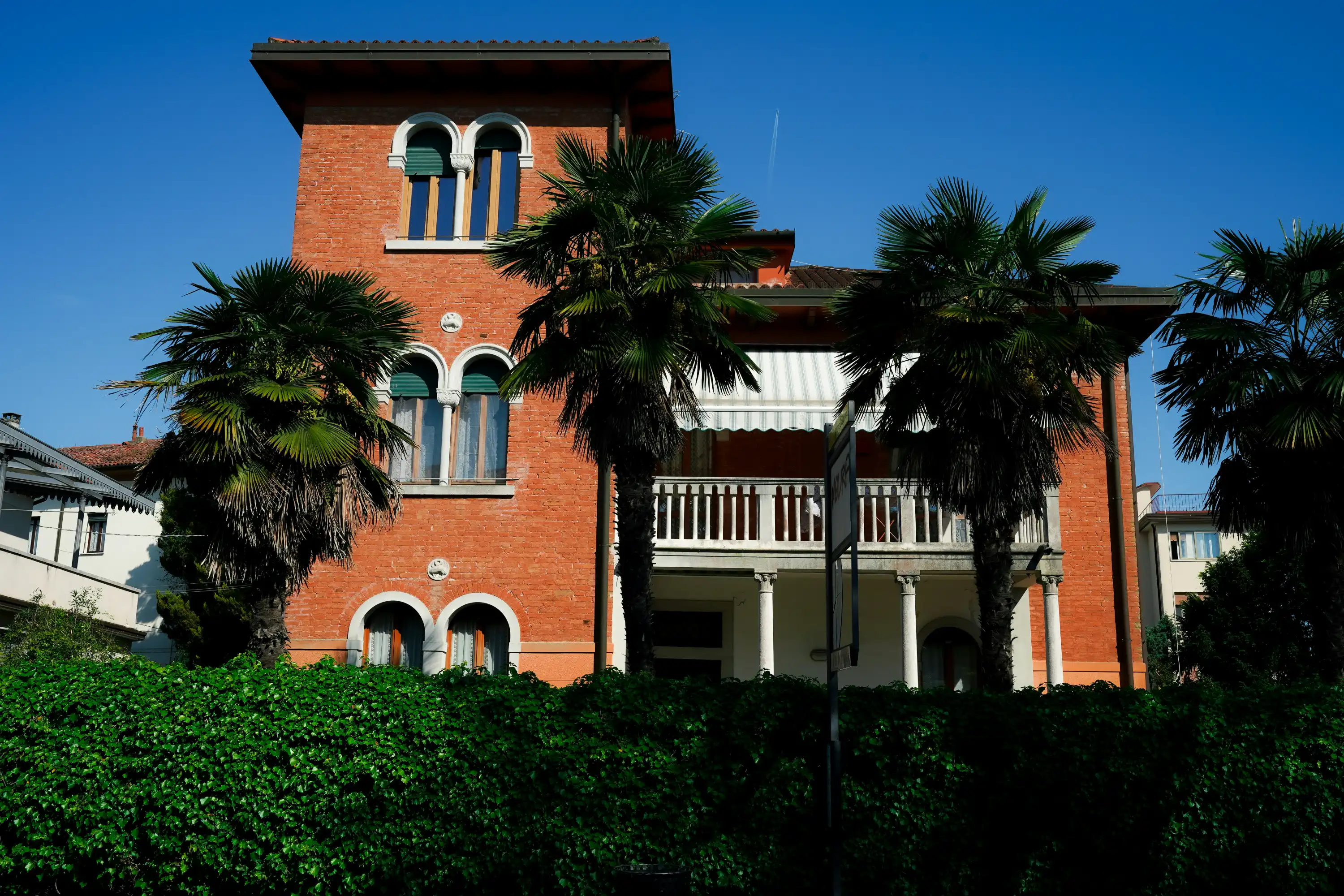The Texas short-term rental market thrives, attracting investors drawn to the state's tourism, business travel, and year-round events. From Austin to Galveston, Texas offers diverse opportunities for Airbnb hosts to generate substantial returns. However, the path to profitability isn't as straightforward as new investors assume, especially when factoring in expenses like Texas STR insurance costs.
Behind every successful Texas Airbnb lies a carefully managed operation with numerous expenses that impact your bottom line. Many first-time hosts underestimate the true cost of running an Airbnb in Texas, particularly when it comes to management fees and service costs. They focus solely on potential income while overlooking the operational realities that separate profitable investments from financial drains.
This guide outlines the expenses of operating a short-term rental in Texas. Surge, a Texas-focused expert in the STR market, has helped investors navigate these costs to maximize their ROI. Whether you're considering your first investment or optimizing an existing property, understanding these expenses is the first step toward building a profitable Airbnb business in Texas.
One-Time Startup Costs vs. Ongoing Expenses
Before diving into operational costs, it's crucial to distinguish between your initial investment and recurring expenses affecting your monthly cash flow. Separating these costs—whether it's utilities, professional cleaning services, or maintenance—allows for accurate financial planning and prevents cash flow surprises.
One-Time Startup Costs (Initial Investment):
- Property Acquisition (Down payment, closing costs)
- Repairs & Renovations
- Professional Interior Design and Furnishing (Furniture, decor, appliances, kitchenware, linens). This requires a significant upfront investment, but strategic design translates to higher nightly rates and increased occupancy.
- Initial Photography & Listing Setup
- Permits & Licensing Fees (Some permits require annual renewal, initially a startup cost)
Ongoing Operating Expense:
- Fixed Monthly Costs (Mortgage, taxes, insurance)
- Variable Costs (Utilities, landscaping)
- Operational Costs (Cleaning, supplies, maintenance)
- Texas-Specific Taxes and Fees
- Management and Service Fees
- Platform Commissions
- Marketing Expenses
Understanding Texas Airbnb expenses is essential for calculating your true return on investment and establishing realistic profit expectations.
Your Monthly & Per-Booking Operating Expenses
For most investors, the largest fixed expense represents the mortgage (Principal and Interest). A $300,000 property with 20% down and a 30-year mortgage at current rates has a monthly P&I payment around $1,600-$1,800. Unlike traditional long-term rentals with stable occupancy, STRs face seasonal fluctuations that require cash reserves to cover mortgage payments during slower periods.
Texas has no state income tax but high property taxes. Property tax rates vary by county and city, typically 1.8% to 2.5% of assessed value annually. A $300,000 property in Dallas County incurs annual taxes around $6,000-$7,500 ($500-$625 monthly). Check your county's appraisal district for accurate rates.
Standard homeowner's insurance won't suffice for a short-term rental. You'll need specialized STR or landlord insurance that covers:
- Liability protection for guest injuries
- Property damage
- Loss of rental income coverage
- Coverage for theft of personal property
Expect to pay 15-30% more than a standard homeowner's policy. Annual premiums for a typical Texas STR property range from $1,800-$3,000 ($150-$250 monthly).
Variable Costs
Unlike long-term rentals where tenants cover utilities, STR owners must include all utility costs in their operating budget:
- Electricity: This is significant in Texas, where summer cooling costs can spike. Budget $150-$300 monthly for a mid-sized property, with higher costs during peak summer months.
- Water/Sewer: $50-$100 monthly, but may increase with pool maintenance or high guest turnover.
- Gas: Usually $30-$80 monthly for properties with gas heating, water heaters, or cooking appliances.
- High-Speed Wi-Fi: Essential for today's guests. Budget $60-$100 monthly for reliable service.
- Trash Service: $25-$40 monthly.
- Cable/Streaming Services: Optional but expected by many guests. Budget $50-$150 monthly depending on service level.
Landscaping & Pool Service: Outdoor amenities attract Texas properties but require regular maintenance:
- Basic lawn care: $100-$200 monthly
- Pool maintenance: $80-$150 weekly in summer, higher during leaf-fall seasons
Operational Costs: Running a 5-Star Rental
Professional Cleaning Fees: This represents your frequent operational expense and impacts guest satisfaction. Cleaning is required after every checkout, making this a per-turnover cost that scales with your occupancy rate. In Texas metro areas, expect to pay:
- $100-$150 for a 1-bedroom property
- $150-$200 for a 2-bedroom property
- $200-$300 for larger homes (3+ bedrooms)
Professional cleaning is essential for maintaining 5-star reviews. For a property with 20 monthly bookings, this represents $3,000-$6,000 in monthly expenses.
Consumable Supplies (Restocking): This underestimated cost category includes items guests expect in a well-appointed rental:
- Toilet paper, paper towels, tissues
- Hand soap, dish soap, laundry detergent
- Shampoo, conditioner, body wash
- Coffee, tea, basic condiments
- Welcome snacks or beverages
- Cleaning products
- Replacement linens and towels (due to wear, damage, or theft)
Budget $5-$10 per guest stay for basic supplies, plus a quarterly budget for replacement linens and towels. For a property averaging 20 bookings monthly, this represents $100-$200 in monthly consumable costs.
Maintenance & Repairs: Increased wear and tear from multiple guests necessitates more frequent maintenance than a typical residence. Smart operators set aside 5-10% of monthly revenue for a maintenance fund to cover:
- Regular preventative maintenance (HVAC servicing, appliance checks)
- Emergency repairs (leaking faucets, broken appliances)
- AC service calls (critical in Texas summers)
- Plumbing issues, a common guest-caused problem,
- Replacement of furniture and fixtures due to accelerated wear
Set aside $250-$500 for maintenance expenses for a property generating $5,000 monthly.
Platform Fees: Major booking platforms charge service fees to hosts:
- Airbnb charges hosts 3-5% of the booking subtotal.
- Vrbo/HomeAway fees are 5-8% per booking.
- Direct booking websites require monthly subscription fees and payment processing costs.
- For a property generating $5,000 monthly in bookings, platform fees range from $150 to $400.
Texas Costs: Taxes and Regulations
A Texas-focused expert is invaluable.
Texas short-term rentals face the same taxation as hotels, creating a significant compliance responsibility:
- Texas State Hotel Occupancy Tax: 6% of the rental fee (excluding cleaning fees)
- Local/Municipal HOT typically varies by location, 7-11%.
- In Austin, the combined HOT can reach 17% (6% state + 11% local).
- The total HOT in Dallas is 13% (6% state + 7% local).
As the property owner, you're legally responsible for collecting and remitting these taxes to the authorities. Failure to comply can result in penalties and interest. Some platforms like Airbnb collect and remit the state portion automatically, but local taxes remain the owner's responsibility.
Local Permits, Licenses, and Regulations: Texas cities have varying approaches to STR regulation:
- Austin has a strict STR licensing system with annual fees of $250-$500 and occupancy limitations for non-owner-occupied properties.
- Dallas requires a certificate of occupancy and a specific STR permit with associated fees.
- San Antonio implemented a permit system with different requirements for owner-occupied and non-owner-occupied properties.
- Many smaller Texas cities and towns have unique requirements.
Many HOAs and condo associations have restrictions or bans on short-term rentals. Before investing, check your municipality's regulations and consult legal experts, as these rules are evolving in Texas.
How to Optimize Your Expenses & Revenue
While furnishing is a significant startup cost, it's better viewed as a strategic investment in your property's earning potential. Thoughtfully designed, Instagram-worthy properties command higher nightly rates, often 20-40% more than basic accommodations nearby.
Strategic design isn't just about aesthetics. It's about durability, functionality, and creating photogenic spaces that deliver memorable experiences. When guests encounter a well-designed space with quality furnishings, they leave better reviews, book longer stays, and recommend your property. At Surge, we've seen that professional interior design delivers a return on investment within 6-12 months through higher nightly rates and increased occupancy.
Maximizing Income with Dynamic Pricing
Texas STR operators make a costly mistake by setting a static nightly rate. Dynamic pricing strategies allow you to adjust rates based on:
- Seasonality (summer vacations, winter holidays)
- Local events: SXSW in Austin, State Fair in Dallas
- Day of the week (weekend premiums)
- Last-minute availability
- Market demand fluctuations
Properties using dynamic pricing typically generate 20-40% more annual revenue than those with static pricing. This income offsets the operating expenses. Professional management companies employ specialized software and market expertise to optimize pricing in real-time, ensuring you don’t miss revenue opportunities.
The True Cost of Self-Management: Your Time
Many investors overlook their own time value when calculating Airbnb costs in Texas. Self-management typically requires 15-20 hours weekly of active work:
- 24/7 guest communication
- Coordinating cleaners and maintenance providers
- Managing pricing and calendar updates
- Problem-solving during guest stays
- Tax collection and remittance
At $50 per hour, this represents $3,000-$4,000 monthly in "sweat equity." Professional management allows you to reclaim this time while delivering better financial results through expertise and economies of scale.
A Hands-Off, Profitable STR with Surge
Now that you understand the full cost of running an Airbnb in Texas, successful operation requires expertise, time, and attention to detail. This is where Surge's full-service property management model delivers exceptional value.
Our approach transforms the complex expense sheet into a single, predictable line item while maximizing your property's revenue potential:
- Performance-Based Fee Structure: Our management fee (starting at 15% of revenue) is an operating expense that replaces numerous individual costs. Since our fee is performance-based, our success is directly tied to yours; we only make money when you do.
- Complete Operations Management: We handle all cleaning coordination, supply restocking, maintenance oversight, and 24/7 guest communication. This approach ensures 5-star reviews while controlling costs through our vendor relationships.
- Revenue Maximization: Our dynamic pricing system adjusts your rates daily based on real-time market data, ensuring maximum revenue year-round.
- Local Expertise: We handle all Texas-specific compliance requirements, including tax collection, remittance, and local permit compliance. This protects your investment from regulatory issues.
- Flexibility: We offer our services without long-term contracts because we are confident in the results.
Are you ready to see your Texas property’s potential earnings with professional management?
Conclusion
After reviewing the expenses of operating a short-term rental in Texas, you may wonder if it's worth it. The expenses include fixed costs like mortgage and taxes, variable expenses like utilities and cleaning, plus Texas-specific requirements like Hotel Occupancy Tax.
Yes, running an Airbnb in Texas can be profitable with the right approach. The key is entering the market with a clear understanding of the expenses and partnering with experts to optimize operations and revenue. Texas offers strong STR investment opportunities due to its growing population, business-friendly environment, and year-round tourism. With professional management handling operations, investors can enjoy passive income while their properties appreciate in America's resilient real estate market.
FAQs
What percentage of revenue should I set aside for expenses?
Budget 25-40% of gross revenue for operating expenses excluding the mortgage, but it varies by property type and location. A full-service manager can analyze your property and create a precise pro-forma with expected expense ratios.
What are property management fees for an Airbnb in Texas?
In Texas, property management fees range from 15% to 30% of rental revenue. Surge offers a performance-based service starting at 15% that covers more than booking management, including dynamic pricing, guest communication, and operational oversight.
Do I need to collect Hotel Occupancy Tax myself?
Yes, property owners must collect and remit state and local Hotel Occupancy Taxes. Some platforms automatically collect the state portion (6%), but local taxes remain the owner's responsibility. Professional management services like Surge handle this process for their clients, ensuring compliance.





